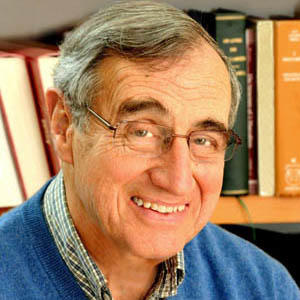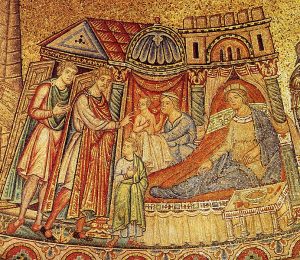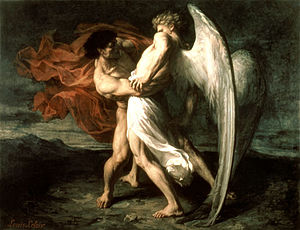The destruction of the Second Temple in 70 C.E. constitutes, in most analyses, a watershed event for the Jews of antiquity. The elimination of the center, source of spiritual nourishment and preeminent symbol of the nation’s identity, compelled Jews to reinvent themselves, to find other means of religious sustenance, and to adjust their lives to an indefinite period of displacement. That trauma has pervasive and enduring resonance.
But it tends to obscure a striking fact.
Jews faced a still more puzzling and problematic situation prior to the loss of the Temple. Diaspora did not await the fall of Jerusalem. (Gruen: 66)

More Jews were scattered throughout the Levant and Mediterranean kingdoms and city-states than were living in Judea throughout the four centuries before the fall of the Jerusalem Temple in 70 C.E.
- What did these diaspora Jews (or as some scholars prefer in the interests of consistency, diaspora Judeans) think of Jerusalem, the Temple, the “holy land”, and their relationship to them?
A popular idea that may have prevailed among many of us brought up in the Christian West is that those scattered Judeans felt somehow dislocated, homeless, and that they really belonged in Judea. After all, doesn’t the OT pronounce “exile” as the ultimate punishment from a wrathful deity on the Jewish people for their sins? If Judeans repented then ought not they want to “return” to Judea and live beside Jerusalem and the Temple?
Erich Gruen proposes another look at this viewpoint, a look that I think is more deeply grounded in the realities of human experience:
Yet that convention ignores a grave implausibility. It is not easy to imagine that millions of Jews in the Diaspora were obsessed with a longing for Jerusalem that had little chance of fulfillment. It seems only logical that they sought means whereby to legitimize the existence that most of them inherited from their parents and would bequeath to their descendants.¹⁴⁵ Large and thriving Jewish communities existed in numerous areas of the Mediterranean, with opportunities for economic advancement, social status, and even political responsibilities.¹⁴⁶ Did their members, as some have claimed, take recourse in the thesis that the nation is defined by its texts rather than by its location?¹⁴⁷
The dualism is deceptive. The Jews of antiquity, in fact, never developed a systematic theory or philosophy of Diaspora. The whole idea of valuing homeland over Diaspora or Diaspora, over homeland may be off the mark. Second Temple Jews need not have faced so stark a choice.
145: I. M. Gafni, Land, Center, and Diaspora (Sheffield, Engl., 1979), 19–40
146: J. Juster, Les juifs dans l’empire romain, 2 vols. (Paris, 1914).
E. Schürer, History of the Jewish People, vol. 3.1, 1–176;
J. Barclay, Jews in the Mediterranean Diaspora, 19–81, 231–319; and
I. Levinskaya, The Book of Acts in Its Diaspora Setting (Grand Rapids, Mich., 1996), 127–93.147: See, esp., G. Steiner, “Our Homeland, The Text,” Salmagundi 66 (1985): 4–25.
On the ambivalence of exile and homecoming in recent Jewish conceptions, see the comments of S. D. Ezrahi, “Our Homeland, the Text … Our Text, the Homeland: Exile and Homecoming in the Modern Jewish Imagination,” Michigan Quarterly Review 31 (1992): 463–97.(Gruen: 67-68)
We too easily conflate our biblical knowledge with Judeans per se, wherever and whenever they are. The whole idea of being scattered throughout “the nations” was a biblical one directed at sinners in Palestine or the Kingdom of Judah and ordained to be executed by the Assyrians, first, then the Babylonians. Judeans living in various city-states in later times could scarcely relate to anyone exiled by an Assyrian or Babylonian. Look more closely at some Second Temple texts: Continue reading “More about Second Temple Judaism”



